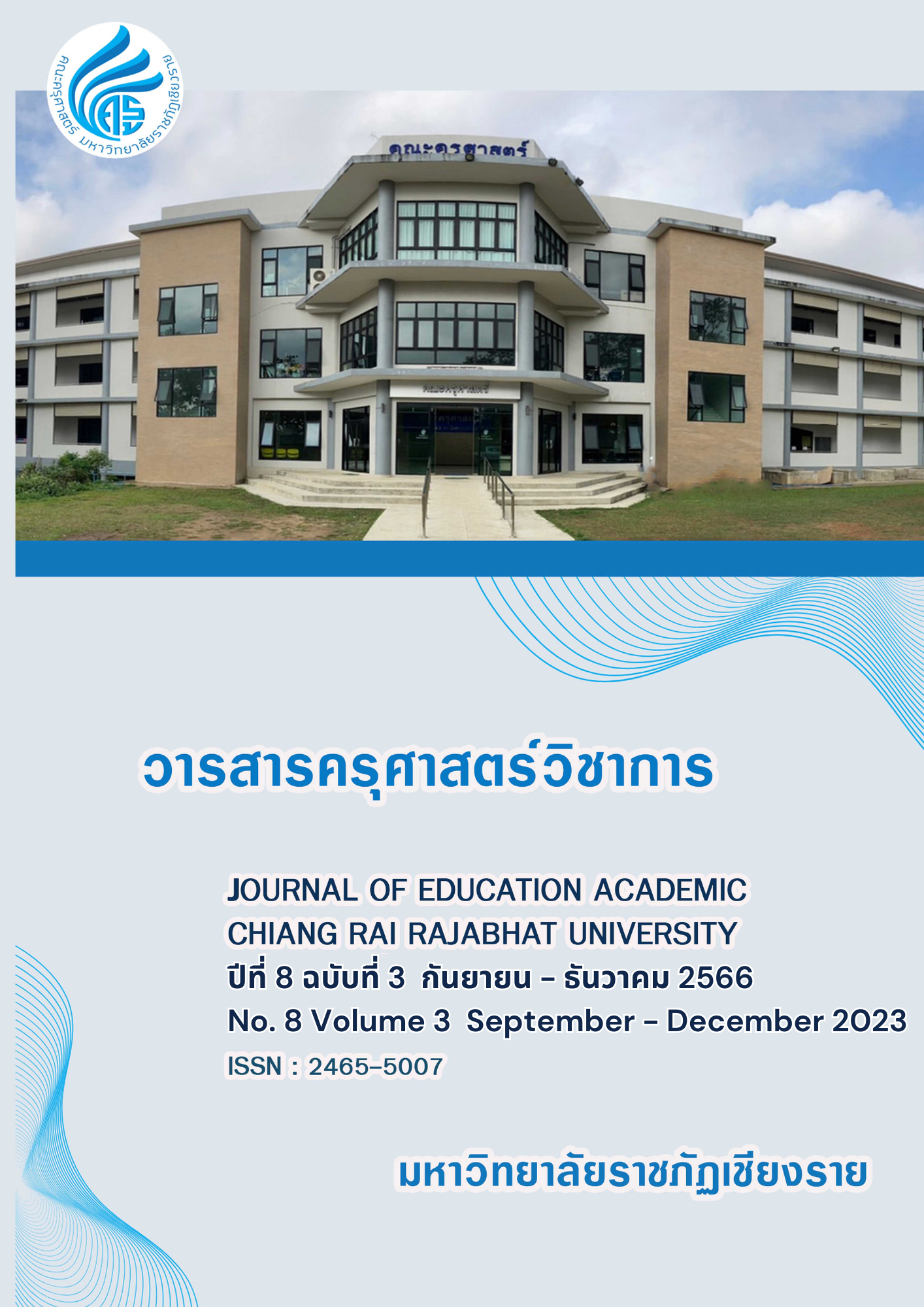The Development of Early Childhood Learning in Play and Self-Talk
Keywords:
Play, Self-Talk, Development, Early ChildhoodAbstract
This article explores the integral roles of play and self-talk in the developmental and learning processes of children. Self-talk, encompassing both audible and silent self-directed speech, serves as a pivotal tool for behavior regulation, action direction, and problem-solving. Within educational settings, self-talk enables children to articulate ideas, strategize, reflect on experiences, and navigate their cognitive processes. The synergy of play and self-talk significantly enhances children's cognitive, social, and emotional development. Emphasizing play-based approaches in early childhood education underscores the importance of play in fostering holistic development. By integrating play into the curriculum, educators are encouraged to create experiential learning opportunities that stimulate participation, creativity, and problem-solving skills. The promotion of self-talk skills is achieved through modeling, direct instruction, and the encouragement of self-directed speech. This approach aids in the development of cognitive awareness, behavioral direction, and enhanced problem-solving capabilities. The integration of play and self-talk into curriculum design necessitates an environment that values the child's perspective, fosters dialogue and collaboration, and encourages reflective practices and documentation. Play-based activities naturally facilitate self-talk, while self-talk, in turn, enriches children's engagement and learning in play settings. This reciprocal relationship underscores the importance of incorporating both elements into early educational frameworks to optimize children's developmental outcomes.
References
Baddeley, A. (1992). Working memory. Science, 255(5044), 556-559
Bergen, D. (2017). Play as a Medium for Learning and Development: A Handbook of Theory and Practice. Routledge.
Bergen, D. (2002). The role of pretend play in children's cognitive development. Early Childhood Research & Practice, 4(1), 1-12.
Bodrova, E., & Leong, D. J. (2005). Tools of the mind: The Vygotskian approach to early childhood education (2nd ed.). Pearson.
Bodrova, E., & Leong, D. J. (2007). Tools of the mind: The Vygotskian approach to early childhood education (2nd ed.). Pearson.
Carver, C. S. (2015). Control theory: A useful conceptual framework for personality–social, clinical, and health psychology. Psychological Inquiry, 26(2), 77-80.
De Boo, G. M., & Kolkman, M. E. (2018). The development of self-talk in childhood and adolescence: A meta-analysis and systematic review of observational studies. Journal of Experimental Child Psychology, 166, 51-71.
Fernández-Berrocal, P., & Extremera, N. (2016). Building emotional intelligence: A practitioner's guide. Routledge.
Fernyhough, C. (2016). The voices within: The history and science of how we talk to ourselves. Basic Books.
Hirsh-Pasek, K., Golinkoff, R. M., Berk, L. E., & Singer, D. G. (2009). A mandate for playful learning in preschool: Presenting the evidence. Oxford University Press.
Isenberg, J. P., & Quisenberry, N. L. (2002). Play: The pathway from theory to practice. National Association for the Education of Young Children.
Johnson, J. E., Christie, J. F., & Yawkey, T. D. (2013). Play, development, and early education. Pearson.
Karpov, Y. V. (2005). The Neo-Vygotskian Approach to Child Development. Cambridge University Press.
Lillard, A. S., Lerner, M. D., Hopkins, E. J., Dore, R. A., Smith, E. D., & Palmquist, C. M. (2013). The impact of pretend play on children's development: A review of the evidence. Psychological Bulletin, 139(1), 1-34.
Morin, A. (2011). Self-Talk and Performance: The Role of Interpreting Self-Talk as a Sign of Control. Journal of Sport and Exercise Psychology, 33(6), 878-896.
Pellegrini, A. D., & Smith, P. K. (Eds.). (2005). The nature of play: Great apes and humans. Guilford Press.
Piaget, J., & Inhelder, B. (1969). The psychology of the child. Basic Books.
Pressley, M., & Afflerbach, P. (1995). Verbal protocols of reading: The nature of constructively responsive reading. Lawrence Erlbaum Associates
Pyle, A., & Danniels, E. (2017). Play and learning in early childhood education. SAGE Publications.
Singer, D. G., Golinkoff, R. M., & Hirsh-Pasek, K. (Eds.). (2006). Play = Learning: How play motivates and enhances children's cognitive and social-emotional growth. Oxford University Press.
Shaffer, D. W. (2006). How computer games help children learn. Macmillan
Sokolowski, J. A. (2000). Introduction to phenomenology. Cambridge University Press.
Van Hoorn, J., Nourot, P. M., Scales, B., & Alward, K. R. (2014). Play at the center of the curriculum (6th ed.). Pearson.
Vygotsky, L. S. (1978). Mind in society: The development of higher psychological processes. Harvard University Press.
Vygotsky, L. S. (1986). Thought and language. MIT Press.
Vygotsky, L. S. (1987). Thinking and speech. In The collected works of L. S. Vygotsky (Vol. 1). Springer.
Whitebread, D., Basilio, M., Kuvalja, M., & Verma, M. (2012). The importance of play for promoting children's emotional well-being and social competence. Play Policy and Practice, 3(1), 5-24.
Winsler, A., & Naglieri, J. (2003). Overt and covert verbal problem-solving strategies: Developmental trends in use, awareness, and relations with task performance in children aged 5 to 17. Child Development, 74(3), 659-678.
Winsler, A., Fernyhough, C., & Montero, I. (2009). Private speech, executive functioning, and the development of verbal self-regulation. In Private speech, executive functioning, and the development of verbal self-regulation (pp. 107-127). Cambridge University Press.
Wood, E., & Attfield, J. (2005). Play, learning, and the early childhood curriculum (2nd ed.). SAGE Publications.
Yelland, N. (Ed.). (2014). Contemporary perspectives on play in early childhood education. Open University Press.
Zimmerman, B. J., & Schunk, D. H. (2011). Handbook of self-regulation of learning and performance. Routledge.
Downloads
Published
Issue
Section
License
Copyright (c) 2024 Journal of Education Academic Chiang Rai Rajabhat University

This work is licensed under a Creative Commons Attribution-NonCommercial-NoDerivatives 4.0 International License.






